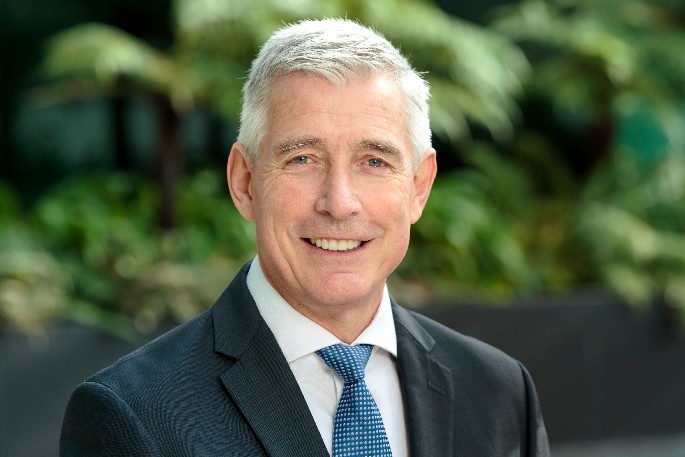This Content Is Only For Subscribers
Air New Zealand has announced its 2024 financial results.
The reporting earnings before taxation of $222 million show a significant decrease from last year’s $574 million high, driven by the post-pandemic reopening of New Zealand’s borders. Net profit after taxation stood at $146 million.
Despite a strong start, the airline faced significant operational and economic headwinds in the latter half of the year, impacting its overall performance.
Passenger revenue rose by 11% to $5.9 billion, boosted by a 23% increase in capacity, particularly across long-haul international routes. However, this growth was caused by weakening domestic demand, inflationary pressures, and fierce competition from US carriers. Compounding these issues were global maintenance challenges affecting both the Airbus neo and Boeing 787 Dreamliner fleets, leading to grounded aircraft and disrupted schedules.
Air New Zealand faced increased costs across the board, including a $190 million rise in fuel expenses due to expanded capacity and non-fuel operating cost inflation of about $225 million. Despite these pressures, the airline has declared an unimputed final dividend of 1.5 cents per share, bringing the total ordinary dividend for the year to 3.5 cents per share.
In the media release August 29, chair Dame Therese Walsh commended the Air New Zealand team for their resilience, acknowledging the tough year due to macroeconomic and operational challenges. “While these challenges have significantly impacted our financial performance, we remain committed to becoming a future-fit airline,” she says.
Air New Zealand chief executive Greg Foran echoed this thanking both customers and staff for their loyalty and support amidst unavoidable disruptions. “We are focused on navigating the current environment while investing for the future,” he says highlighting a planned $3.2 billion investment in new aircraft and interior upgrades over the next five years.
Looking ahead, Air New Zealand expects the challenging conditions to persist through the first half of the 2025 financial year and has refrained from providing specific guidance. However, they remain confident in their commitment to delivering reliable service and sustainable growth.



